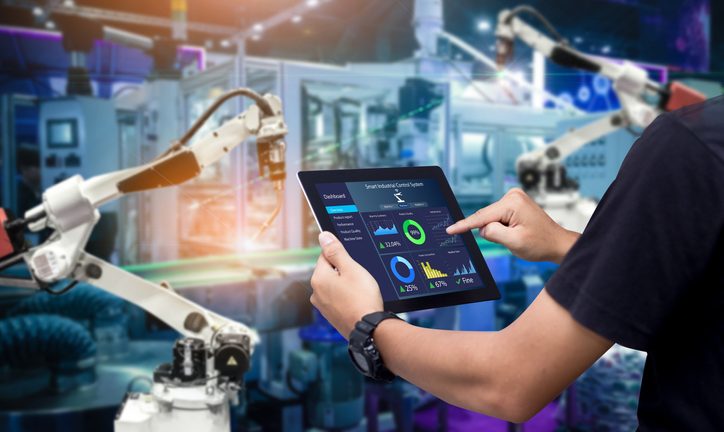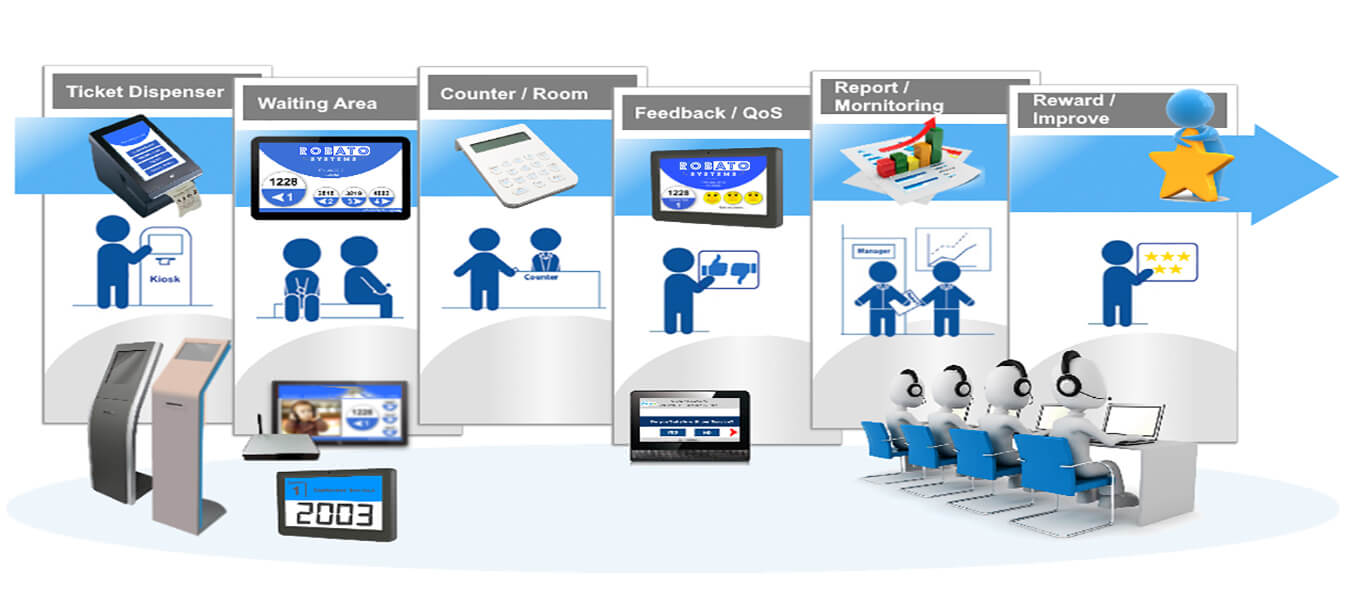Industry 4.0 is a concept related to the idea of the Fourth Industrial Revolution (4IR), an idea popularized by Klaus Schwab of the World Economic Forum. Industry 4.0 is associated with the advancements of cyber-physical systems. It describes the rise of automated systems and data exchange technology within the manufacturing industries. Examples of Industry 4.0 related technologies that are becoming more prominent on factory floors include:
The Internet of Things
• The Industrial Internet of Things (IIoT)
• Smart Manufacturing
• Connected Manufacturing
• Smart Factories
• Cloud Computing
• Cognitive Computing
• Artificial Intelligence
• Cyber-physical Systems
This type of automation creates a manufacturing system where all the devices and technology used in production are wirelessly connected and use sensors and monitors to visualize entire processes. It also provides a robust overview of a company’s manufacturing operations. These technologies are always advancing and, with the rollout of 5G, businesses can expect faster response times and real-time communication between systems.
How is Industry 4.0 used in manufacturing?
One of the best ways to conceptualize Industry 4.0 is to think about how it is applied in manufacturing. Here are 3 use cases that will help you recognize the value Industry 4.0 can add to a manufacturing operation:
Supply Chain Management
Industry 4.0 technologies allow businesses to have greater insight, control, and data visibility over their supply chain. Smart manufacturing means companies can deliver products and services faster, cheaper, and with better quality. As more and more businesses use Industry 4.0 solutions for supply chain management, the market becomes more competitive, forcing companies to adopt a similar strategy or risk falling behind.
Predictive Maintenance
Industry 4.0 solutions and a connected factory floor can be used to predict potential downtime in machinery before it occurs. Without IoT systems, preventive maintenance must be done manually and happens based on routine or time. Industry 4.0 systems sense problems before they arise and can even provide insight on how to solve issues before they become a problem.
Tracking and Optimization
Industry 4.0 related technology makes it easier for businesses to track inventory, quality, and optimization opportunities related to logistics. Connected manufacturing and the IoT provides employees with visibility over company assets worldwide. Standard asset management tasks such as asset transfers, disposals, reclassifications, and adjustments can be streamlined and managed centrally and in real-time.


















